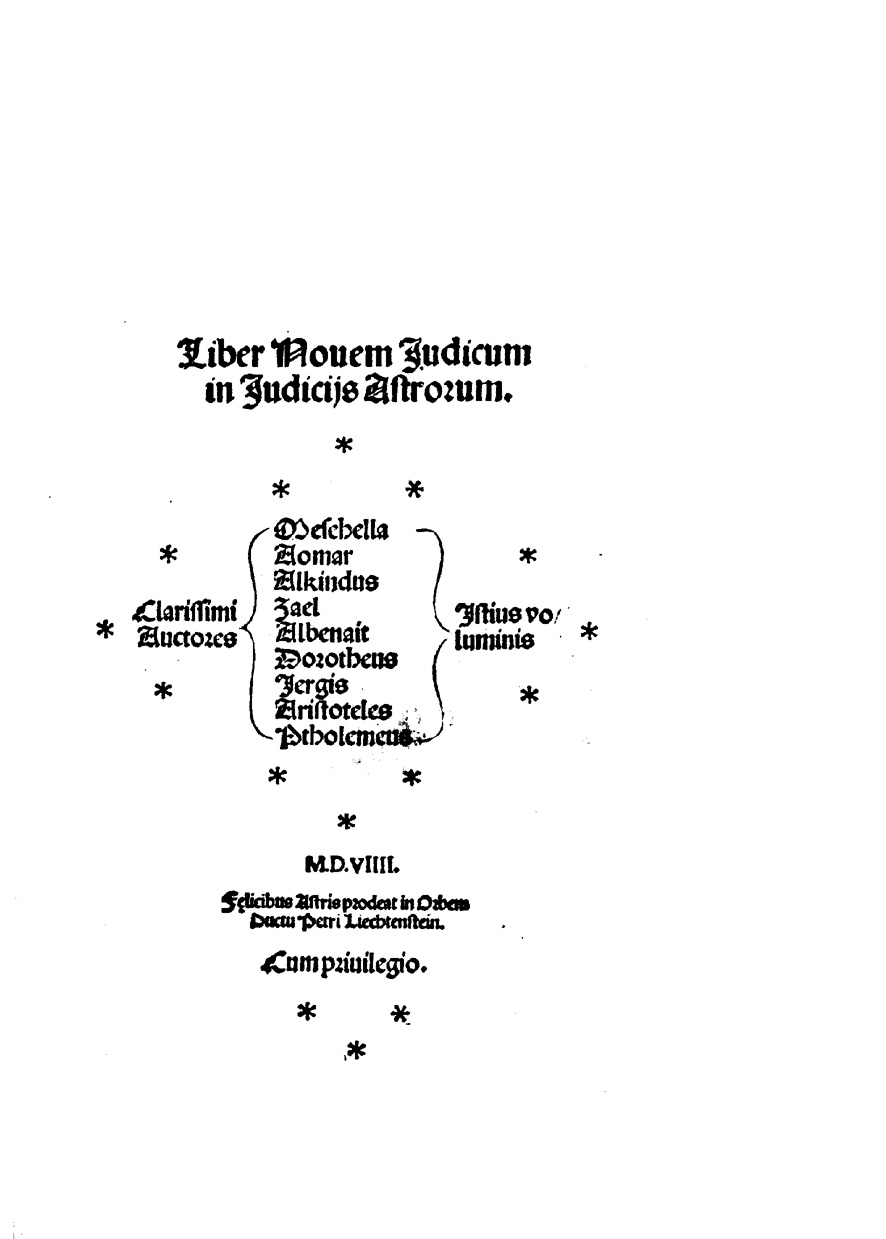|
Aql Bi-l-fi'l
Aql bi al-Fi'l () is a kind of intellect in Islamic philosophy. This level deals with readiness of the soul for acquiring the forms without receiving them again. Historical background Al-Kindi pointed out to a kind of intellect which could reach from the state of potentiality, to the state of actuality. Farabi pointed out that the first level of actualization of intellect is the potential intellect. The second stage is Aql bi al-Fi'l or actual intellect. The actual intellect reflects upon itself. In other word when intellect acquired forms and categories, reflects upon itself, this action is called actual intellect. Groff classify the actual intellect as third. meanwhile Farabi used the term Aql bi al-Fi'l for intellect in full exercise of its powers. Iji, known theologian, referred to the actual intellect versus potential intellect. It seems that the term Aql bi al-Fi'l in Avicenna is comparable with Al-Ruh Al-Aqli for Al-Ghazali Al-Ghazali ( – 19 December 1111; ), full nam ... [...More Info...] [...Related Items...] OR: [Wikipedia] [Google] [Baidu] |
'Aql
‘Aql ( ar, عقل, meaning "intellect"), is an Arabic language term used in Islamic philosophy or theology for the intellect or the rational faculty of the soul or mind. It is the normal translation of the Greek term ''nous''. In jurisprudence, it is associated with using reason as a source for ''sharia'' "religious law" and has been translated as "dialectical reasoning". History In Islam, the term ‘aql was heavily elucidated by early Shī‘ah thinkers; it came to replace and expand the pre-Islamic concept of ''ḥilm'' ( ar, حلم) "serene justice and self-control, dignity" in opposition to the negative notions of ignorance (''jahl'') and stupidity (''safah''). The "possessor of ‘aql", or ''al-‘āqīl'' (plural ''al-‘uqqāl'') realises a deep connection with God. Jaʿfar aṣ-Ṣādiq (d. 765, notably an Imām) described this connection as a realisation that God loves some, that God is truth and that only ''‘ilm'' "sacred knowledge" and its development can help h ... [...More Info...] [...Related Items...] OR: [Wikipedia] [Google] [Baidu] |
Islamic Philosophy
Islamic philosophy is philosophy that emerges from the Islamic tradition. Two terms traditionally used in the Islamic world are sometimes translated as philosophy—falsafa (literally: "philosophy"), which refers to philosophy as well as logic, mathematics, and physics; and Kalam (literally "speech"), which refers to a rationalist form of Scholastic Islamic theology which includes the schools of Maturidiyah, Ashaira and Mu'tazila. Early Islamic philosophy began with Al-Kindi in the 2nd century of the Islamic calendar (early 9th century CE) and ended with Averroes (Ibn Rushd) in the 6th century AH (late 12th century CE), broadly coinciding with the period known as the Golden Age of Islam. The death of Averroes effectively marked the end of a particular discipline of Islamic philosophy usually called the Peripatetic Islamic school, and philosophical activity declined significantly in Western Islamic countries such as Islamic Iberia and North Africa. Islamic philosophy persi ... [...More Info...] [...Related Items...] OR: [Wikipedia] [Google] [Baidu] |
Al-Kindi
Abū Yūsuf Yaʻqūb ibn ʼIsḥāq aṣ-Ṣabbāḥ al-Kindī (; ar, أبو يوسف يعقوب بن إسحاق الصبّاح الكندي; la, Alkindus; c. 801–873 AD) was an Arab Muslim philosopher, polymath, mathematician, physician and music theorist. Al-Kindi was the first of the Islamic peripatetic philosophers, and is hailed as the "father of Arab philosophy". Al-Kindi was born in Kufa and educated in Baghdad. He became a prominent figure in the House of Wisdom, and a number of Abbasid Caliphs appointed him to oversee the translation of Greek scientific and philosophical texts into the Arabic language. This contact with "the philosophy of the ancients" (as Hellenistic philosophy was often referred to by Muslim scholars) had a profound effect on him, as he synthesized, adapted and promoted Hellenistic and Peripatetic philosophy in the Muslim world. He subsequently wrote hundreds of original treatises of his own on a range of subjects ranging from metaphysics, ethi ... [...More Info...] [...Related Items...] OR: [Wikipedia] [Google] [Baidu] |
Farabi
Abu Nasr Muhammad Al-Farabi ( fa, ابونصر محمد فارابی), ( ar, أبو نصر محمد الفارابي), known in the West as Alpharabius; (c. 872 – between 14 December, 950 and 12 January, 951)PDF version was a renowned early Islamic philosopher and jurist who wrote in the fields of political philosophy, metaphysics, ethics and logic. He was also a scientist, cosmologist, mathematician and music theorist.Ludwig W. Adamec (2009), ''Historical Dictionary of Islam'', pp.95–96. Scarecrow Press. . In Islamic philosophical tradition he was often called "the Second Teacher", following Aristotle who was known as "the First Teacher". He is credited with preserving the original Greek texts during the Middle Ages via his commentaries and treatises, and influencing many prominent philosophers, such as Avicenna and Maimonides. Through his works, he became well-known in the West as well as the East. Biography The existing variations in the basic accounts of al-Farabi's ... [...More Info...] [...Related Items...] OR: [Wikipedia] [Google] [Baidu] |
Al-Ghazali
Al-Ghazali ( – 19 December 1111; ), full name (), and known in Persian-speaking countries as Imam Muhammad-i Ghazali (Persian: امام محمد غزالی) or in Medieval Europe by the Latinized as Algazelus or Algazel, was a Persian polymath. He is known as one of the most prominent and influential philosophers, theologians, jurists, logicians and mystics of the Islamic Golden Age.Ludwig W. Adamec (2009), ''Historical Dictionary of Islam'', p.109. Scarecrow Press. . He is considered to be the 5th century's ''mujaddid'',William Montgomery Watt, ''Al-Ghazali: The Muslim Intellectual'', p. 180. Edinburgh: Edinburgh University Press, 1963. a renewer of the faith, who, according to the prophetic hadith, appears once every 100 years to restore the faith of the Islamic community. His works were so highly acclaimed by his contemporaries that al-Ghazali was awarded the honorific title "Proof of Islam" ('' Ḥujjat al-Islām'').Hunt Janin, ''The Pursuit of Learning in the Islamic Wor ... [...More Info...] [...Related Items...] OR: [Wikipedia] [Google] [Baidu] |



